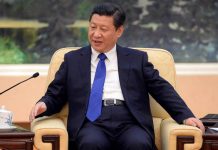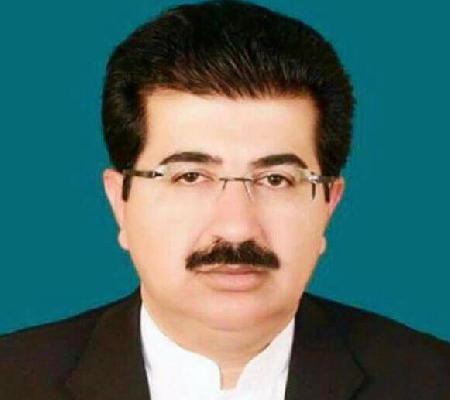
A two-member Supreme Court bench comprising Justice Mushir Alam and Justice Qazi Faez Isa, expressed dissatisfaction over the reports submitted by the government officials on the sit-in. “Where is the writ of the state,” Justice Qazi Faez Isa questioned. He maintained that the residents of Islamabad and Rawalpindi as well as people entering or exiting both the cities were facing serious hardships due to the sit-in, however no concrete steps had been taken so far to end it.
Without naming anyone, he said the sit-in revolved around the ego of only one man who was in quest of getting free-of-cost fame. He said Islam does not allow the language being used by the leaders of the sit-in.
He said no one was talking about peace and everyone was instead hurling abuses and expressing anger. “We also get upset but we do not resort to hurling abuses,” he maintained. He asked how the country will function if such a situation persisted. Appearing on notice, Attorney General Ashtar Ausaf stated that the government didn’t want bloodshed, adding that steps and initiatives were being taken to end the sit-in. He said several religious scholars were included in the dialogue process to end the sit-in.
He said the government had sent court’s order about dispersing the participants to the leaders of the sit-in, but they ignored it. “Implementation of court orders is responsibility of government,” Justice Qazi Faez Isa observed.
To a court query, the attorney general said about 1,800 people were participating in the sit-in. He said the government had filed 18 cases against 169 people so far.
He said if the dialogue process did not work, several other options were available to resolve the issue.
Justice Qazi Faez Isa noted that it was the responsibility of the government to resolve the matter, adding that the government would complain of interference if court used its powers.
He said the authorities concerned should explore as to who was funding the sit-in, especially whether there was any indication of foreign involvement in the sit-in. He questioned that who was providing food and electricity to the protestors.
He also questioned that why media was giving the sit-in so much coverage, adding that where was its regulator (Pakistan Electronic Media Regulatory Authority).
Published in Daily Times, November 24th 2017.













.jpg)